.jpg)
The latest 'amaBooks publication - the novel This September Sun, by Bryony Rheam, is at the printers and will be available in Zimbabwe at the end of September. It is a substantial novel, of 364 pages, and the cover design by Veena Bhana is based on a painting by Bulawayo artist Jeanette Johnson.
This September Sun is a chronicle of the lives of two women, the romantic Evelyn and her granddaughter Ellie.
Growing up in post-Independence Zimbabwe, Ellie yearns for a life beyond the confines of small town Bulawayo, a wish that eventually comes true when she moves to the United Kingdom. However, life there is not all she dreamed it to be, but it is the murder of her grandmother that eventually brings her back home and forces her to face some hard home truths through the unravelling of long-concealed family secrets.
In this absorbing debut novel, Bryony Rheam expertly combines the Epistolary, the Bildungsroman, Romance, and Mystery to produce a work worthy of a place in the bibliography of post-colonial writings in Africa. - John Eppel



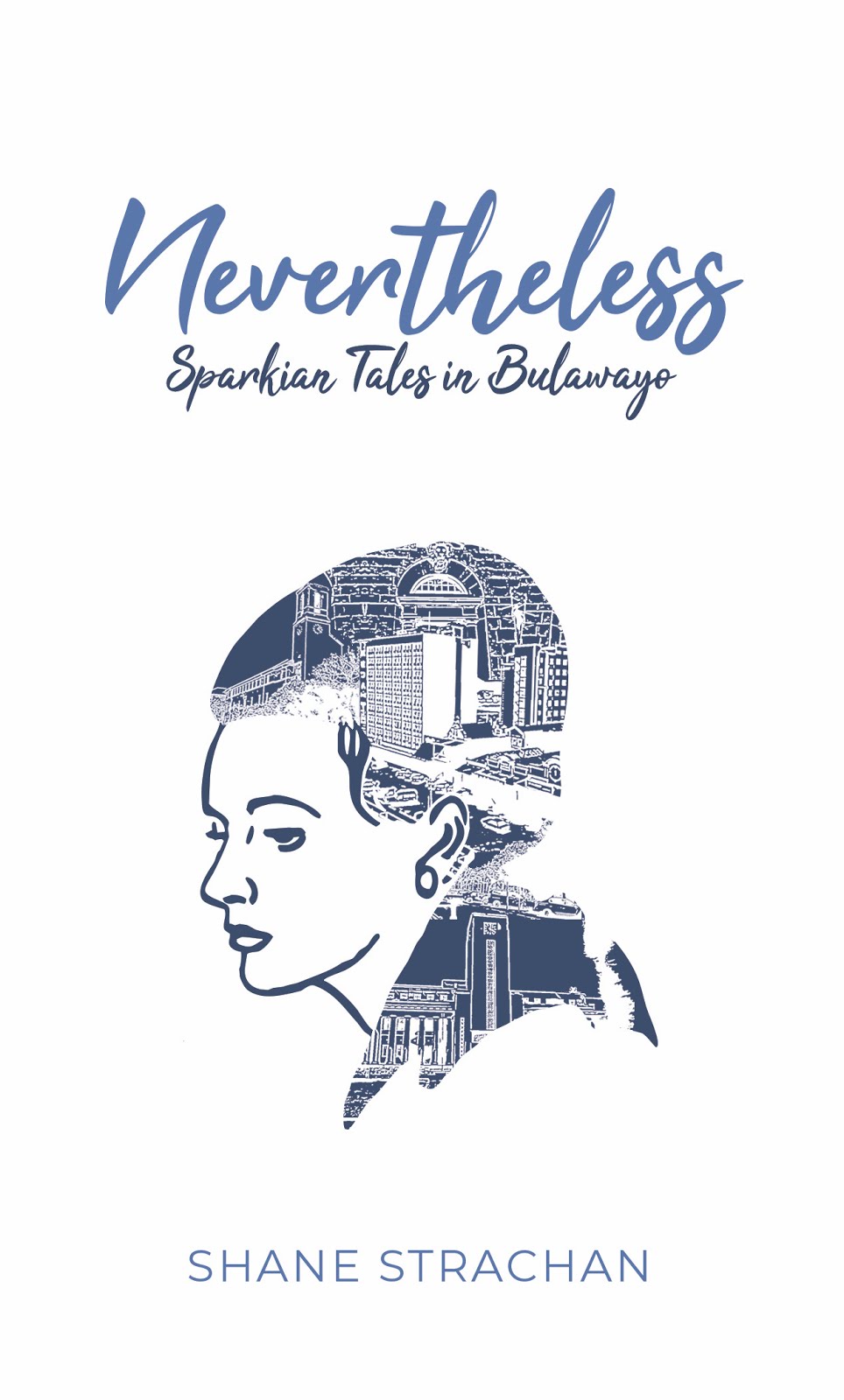





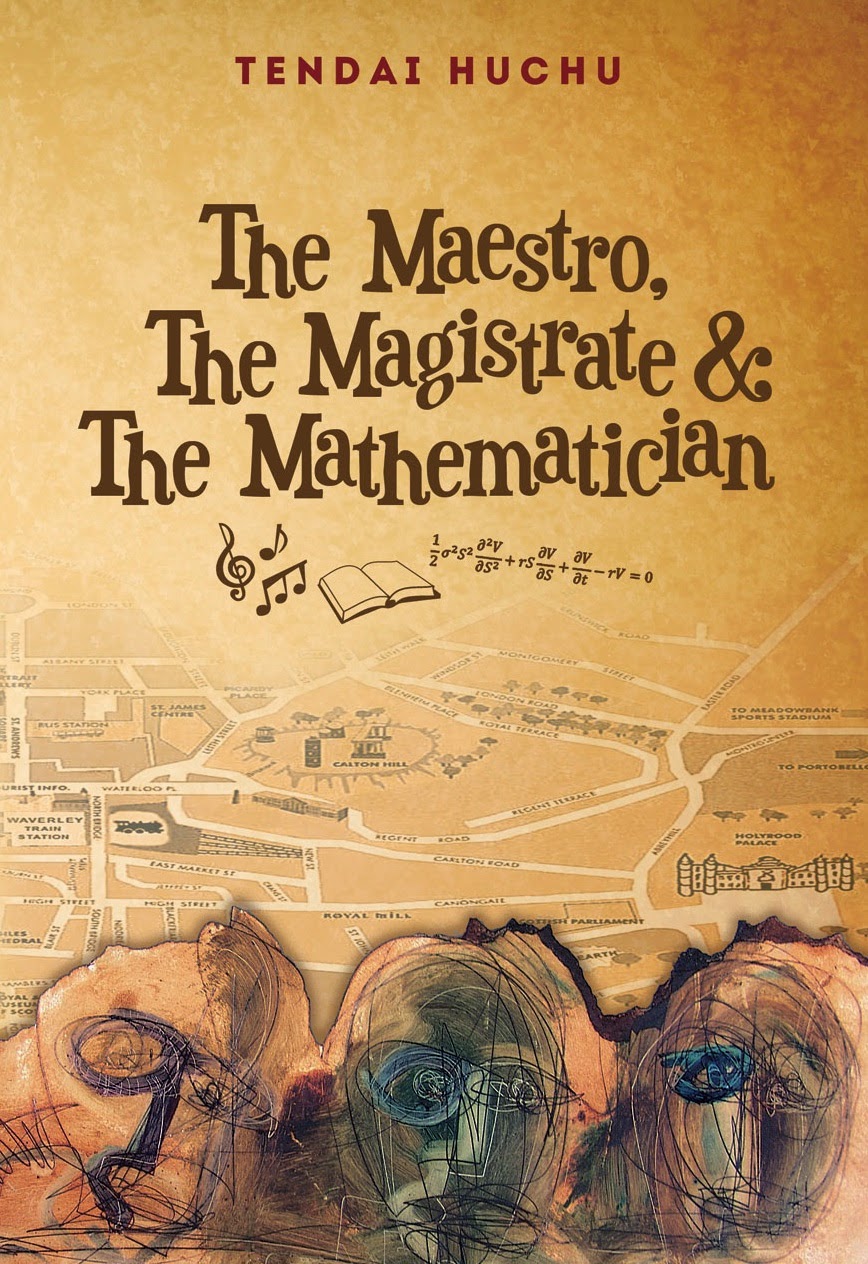
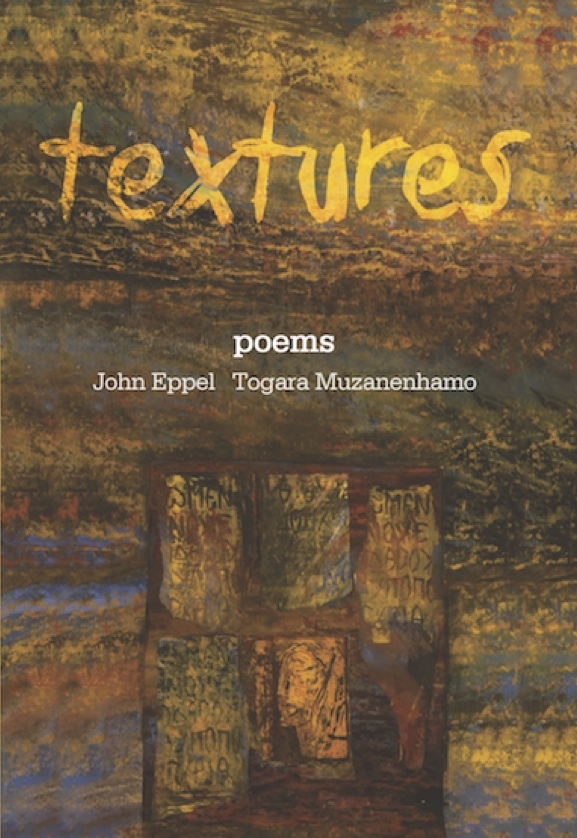
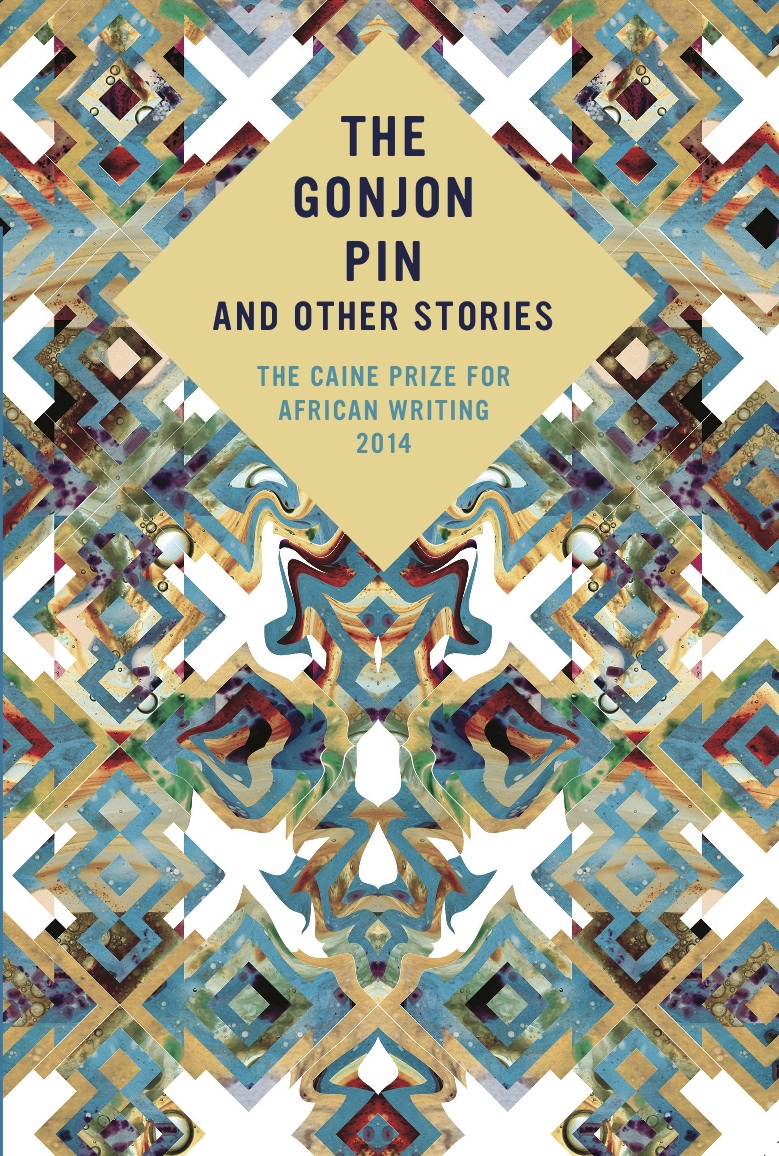
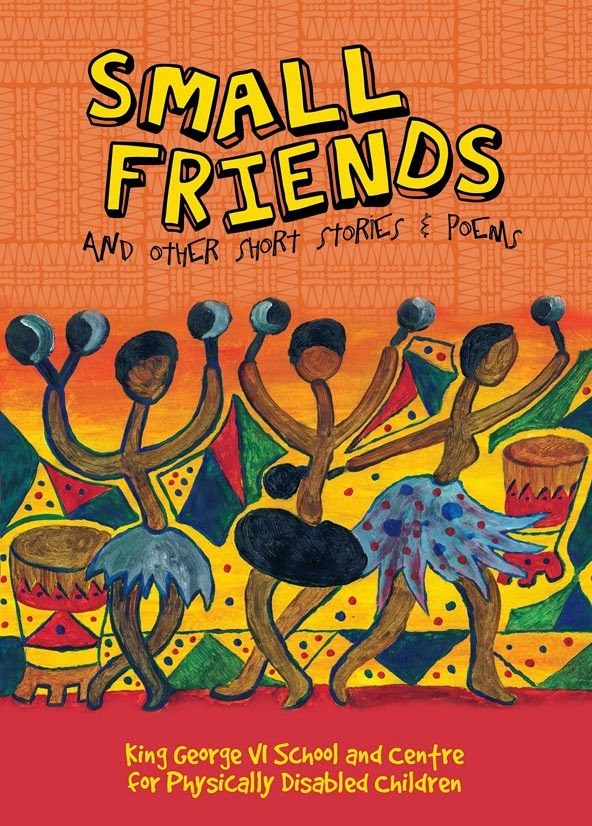
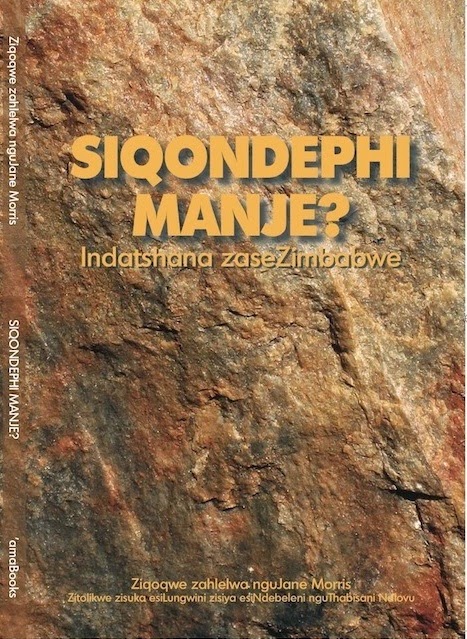
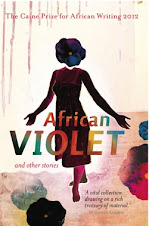

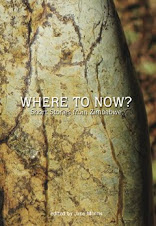
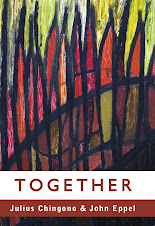
.jpg)

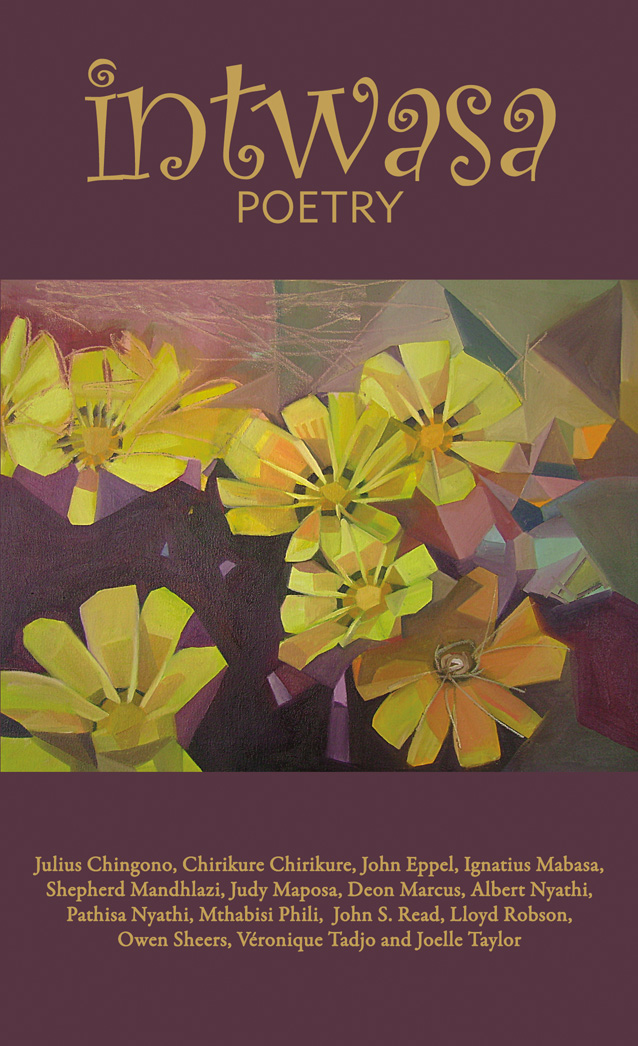


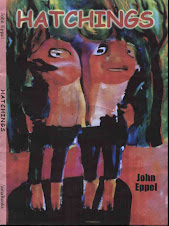













.jpg)











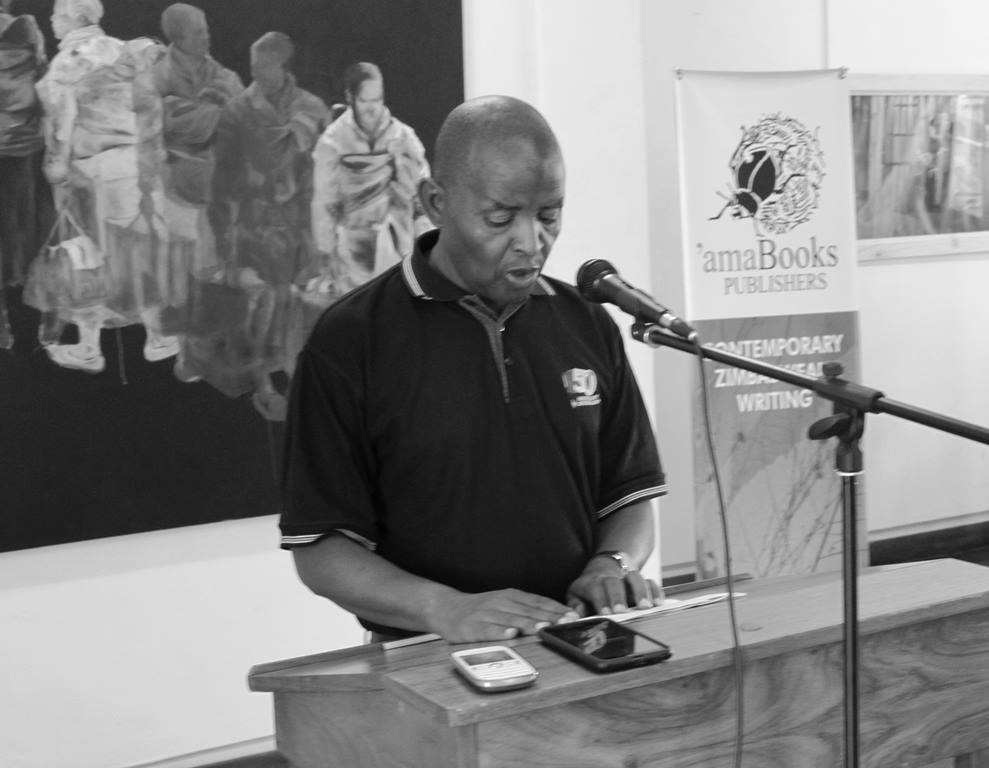


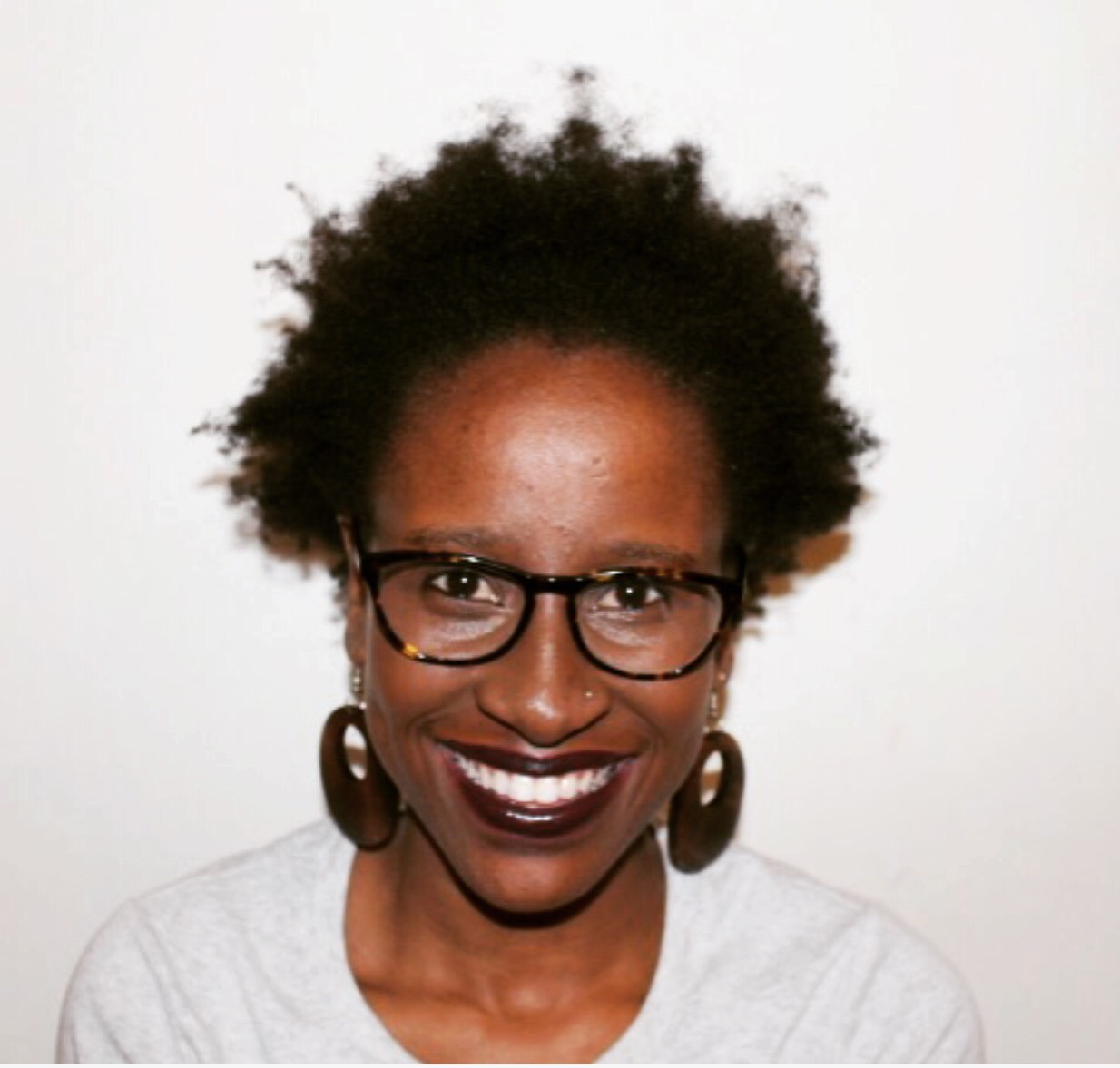













No comments:
Post a Comment